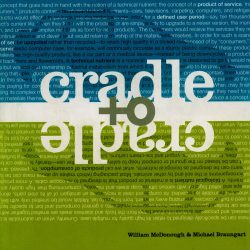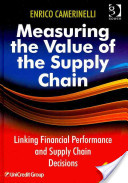The Long Tail

The very readable book ‘The Long Tail’ by Chris Anderson is a discussion of a relatively new phenomenon. Namely that the sales of products in small numbers in particular yield huge proceeds due to the rise of the Internet. At least one track is sold every quarter of no less than 98% of the ten thousand records in the Ecast digital jukebox. The traditional 80/20 rule does not apply to this company, which has no distribution problems thanks to its infinite digital storage space.
But the Long Tail also applies to a company like Amazon. Amazon’s new growth market is that of products that can only be found online; this represents a quarter of Amazon’s total turnover. It is interesting to read that the company Lego does not offer at least ninety percent of its Lego products for sale through regular stores, but only online and through catalogues.
The last chapter of the book deals with the future, where it briefly discusses the rise of 3D printers for metal and synthetic materials, which buyers can use to have spare parts, toys or even complete machines printed. It is only a pity that the Dutch translation of this very modern book uses such old-fashioned terms like ‘pakhuizen’ (warehouses) and ‘inventaris’ (inventory) rather than the established ‘magazijnen’ and ‘voorraden’.










